The British New Waveemerged in the late 1950s and early 1960s and immediately made an impression.
The film captures the claustrophobia and discontent of post-war Britainwith striking intensity.
That said, this bleak tone, while commendable, also makes it a challenging watch.
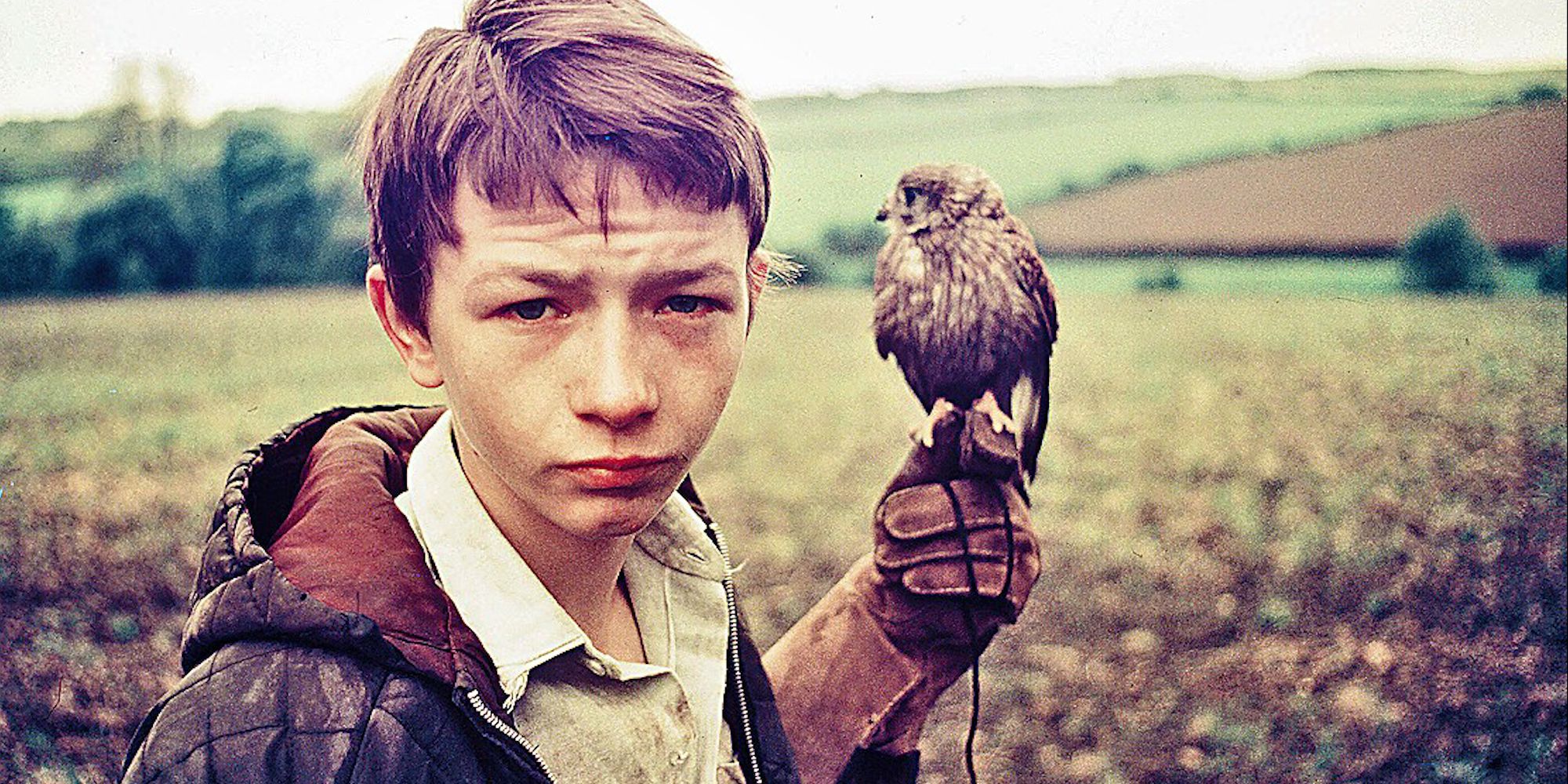
Image via United Artists
As Diana rises to fame, she leaves a trail of broken relationships and discarded values.
She’s unmoored, and her values rest on quicksand.
The strong performances do a lot of heavy lifting, withLaurence HarveyandDick Bogardedelivering memorably supporting turns.
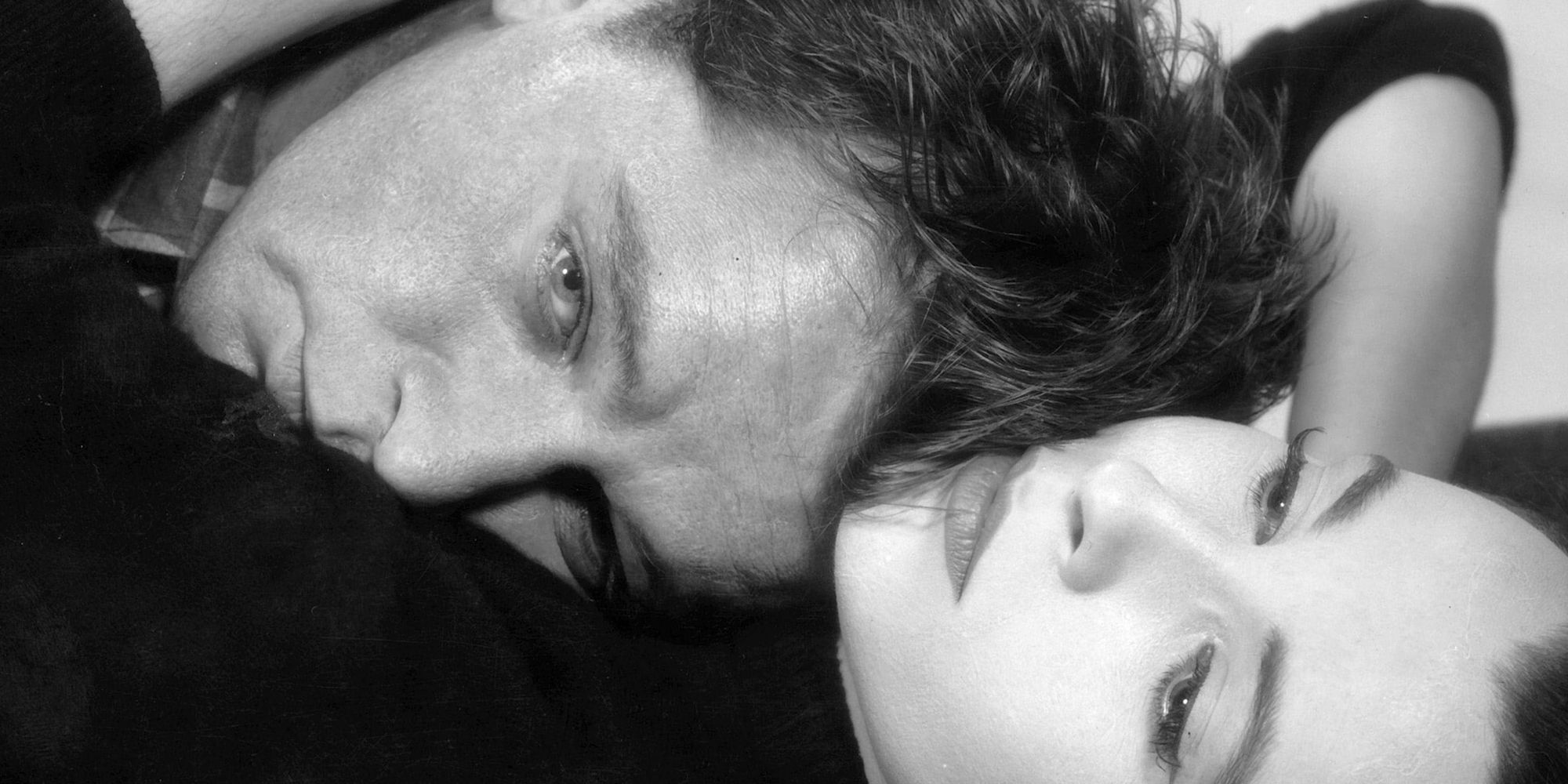
Image via Warner Bros.
But his constant fabrications, from romantic entanglements to career prospects, eventually begin to unravel.
Courtenay is wonderfully layered in the part, managing to be charming, vulnerable, and deeply flawed.
He’s fundamentally discontented, torn between aspiration and inaction, pivoting between cruelty and naivety.
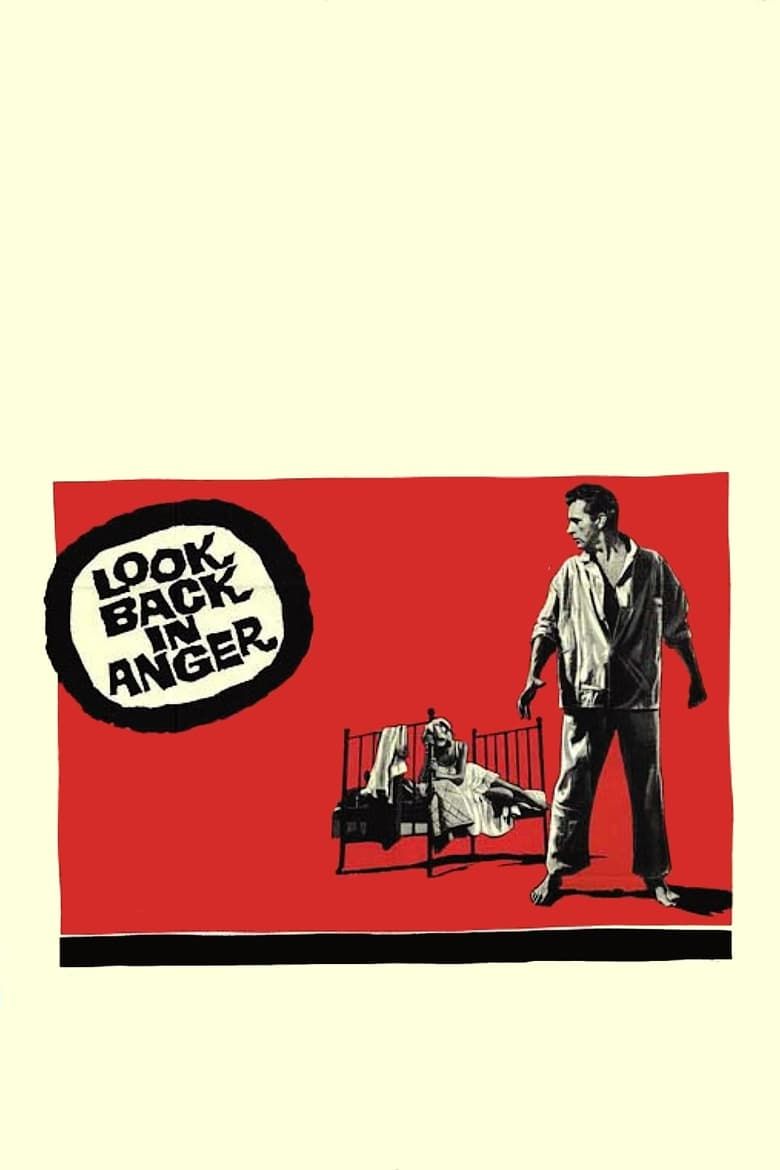
Fortunately, the film resists sloganeering or didacticism, instead directing attention to the human connections at its heart.
DirectorTonyRichardsontreats these characters with compassion, while the cinematography byWalter Lassallyconveys their inner states.
He conjures up a beautifully monochrome world of alleys, docks, churchyards, and wide gray skies.
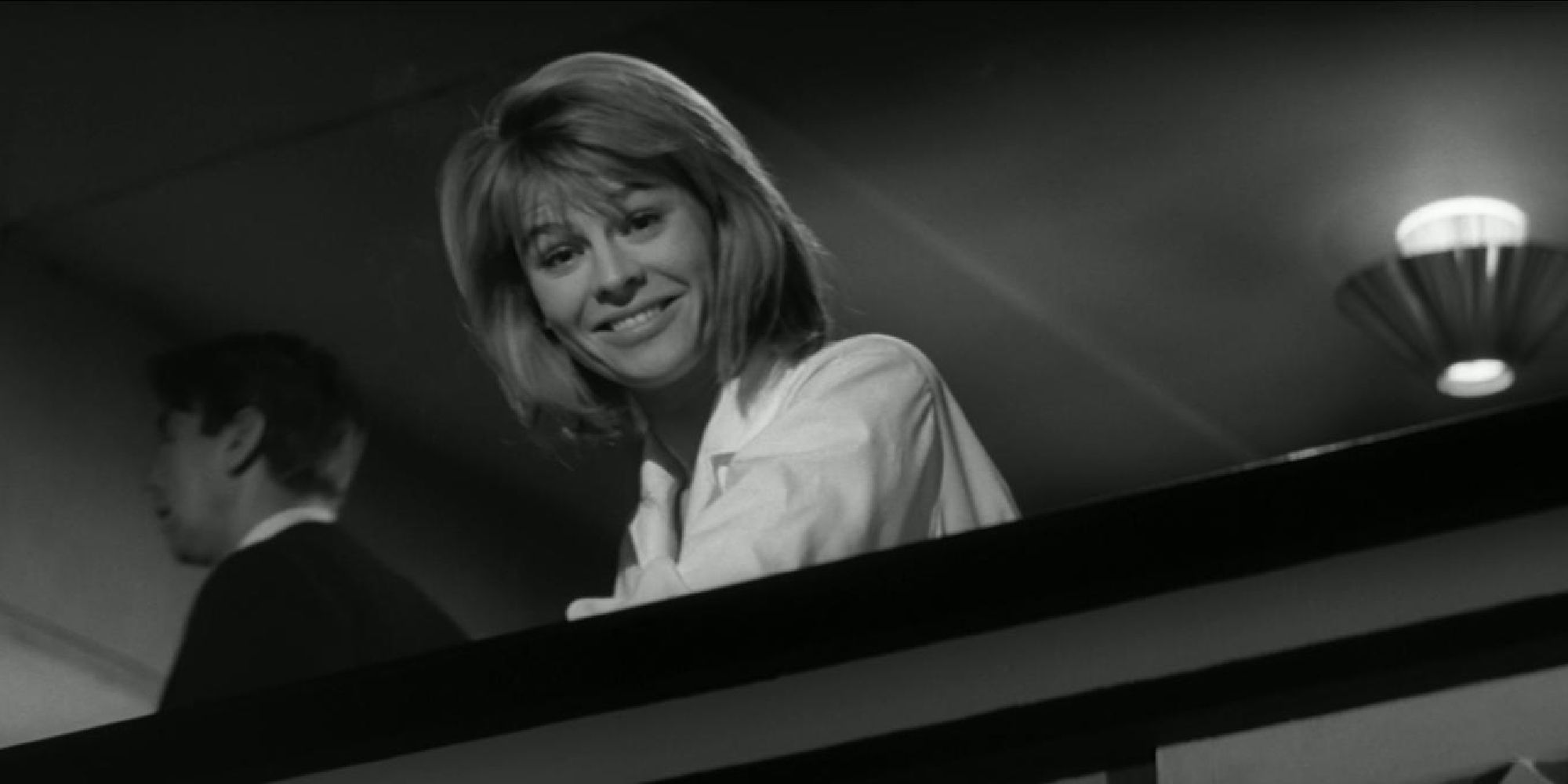
Image via Anglo-Amalgamated Film Distributors
Tushingham and Melvin were also widely praised for their performances, winning awards at Cannes.
Not for nothing, this movie took home the Palme d’Or.
5’This Sporting Life' (1963)
Its not just the gameits survival out there.
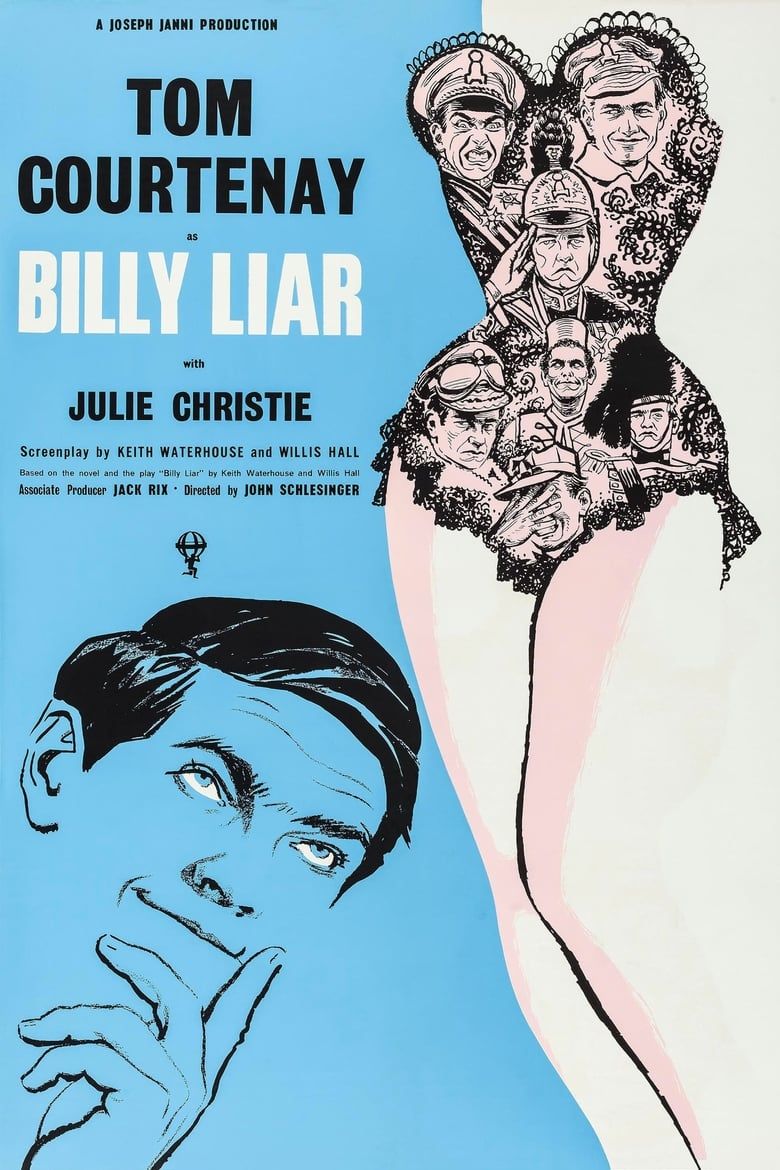
The narrative is straightforward but authentic; it was written byDavid Storey, a former pro rugby player himself.
The movie is angsty to the core, with a decidedly dim view of authority figures.
Class tensions and generational clashes are also present.
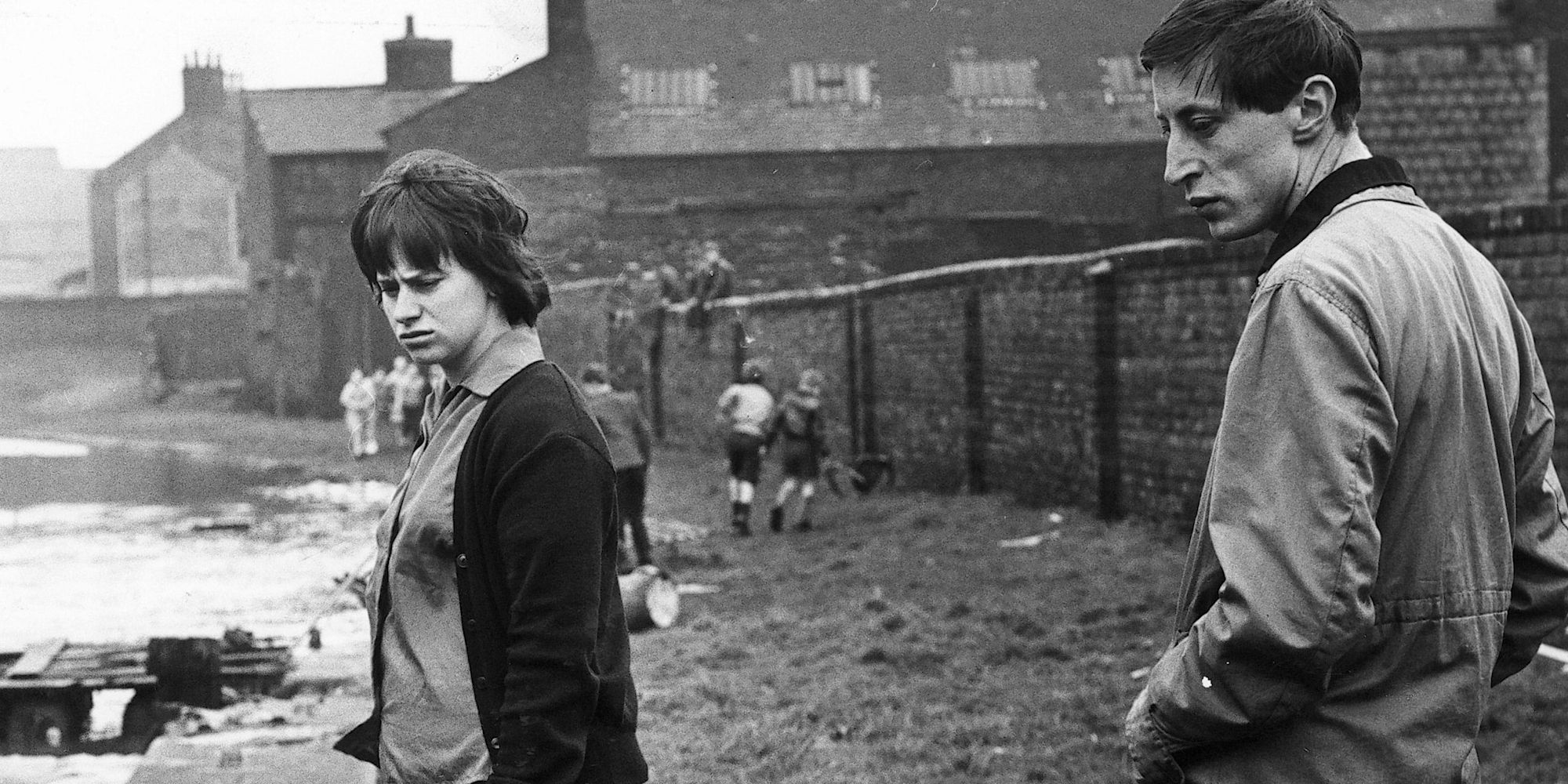
Image via Janus Films
Arthur’s hedonistic lifestyle masks a deeper dissatisfaction with the monotony of his working-class life.
The line “I believe you.
Thousands wouldn’t” became iconic in the UK.
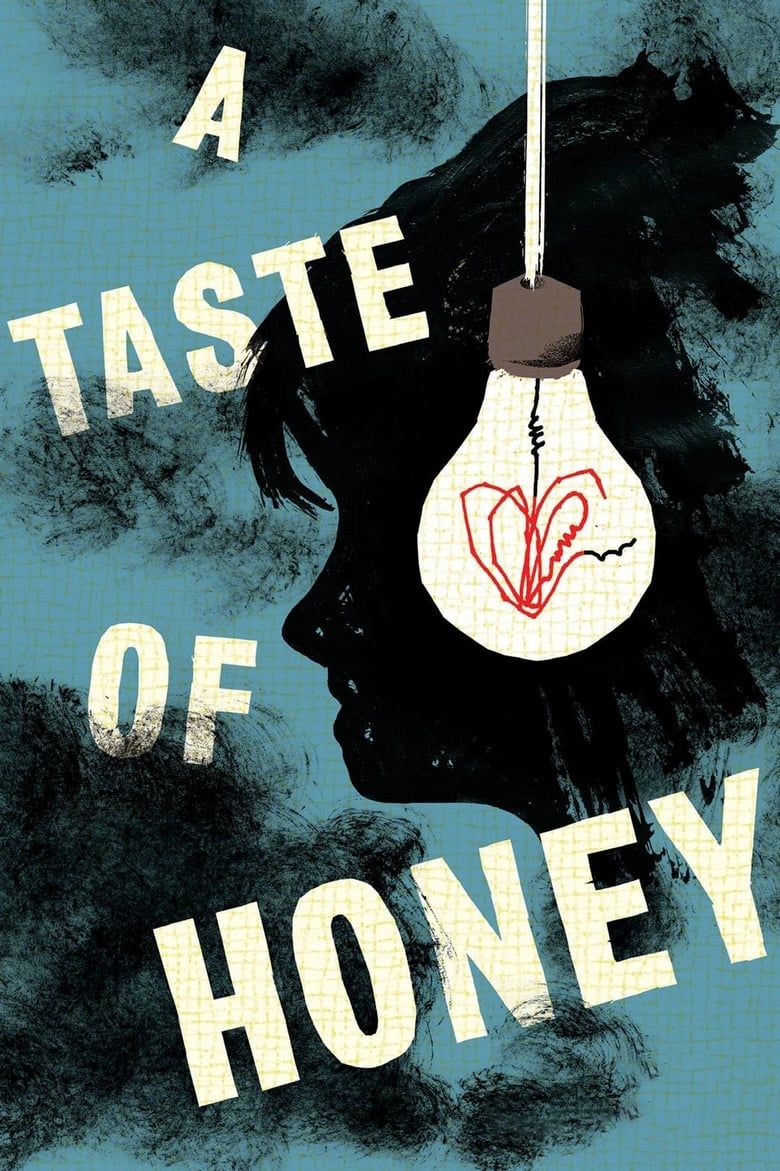
Most impressively, the movie avoids easy answers and embraces ambiguity.
However, the harsh realities of his environment threaten to shatter his fragile world.
It makes for a hard-hitting coming-of-story, as well as a sophisticated meditation on hope.
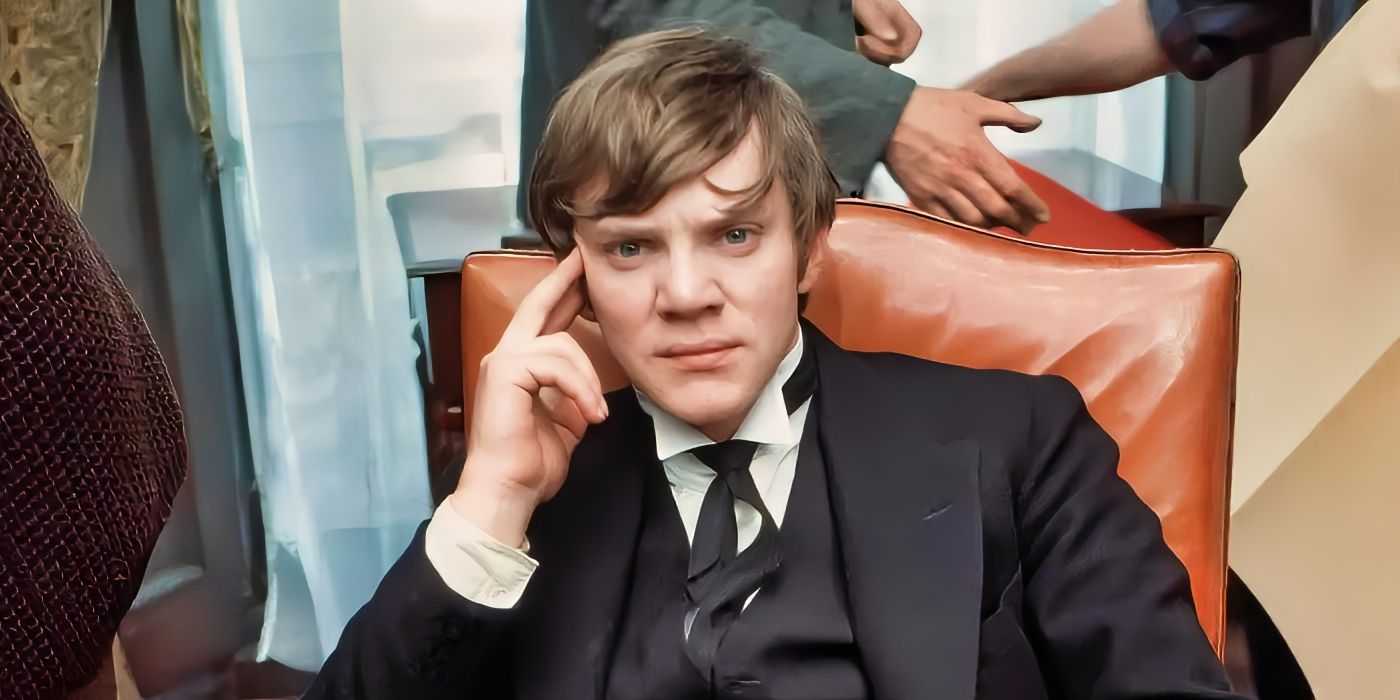
Image via Paramount Pictures
RENT ON APPLE TV
NEXT:The 10 Worst Movies of the 1980s, Ranked
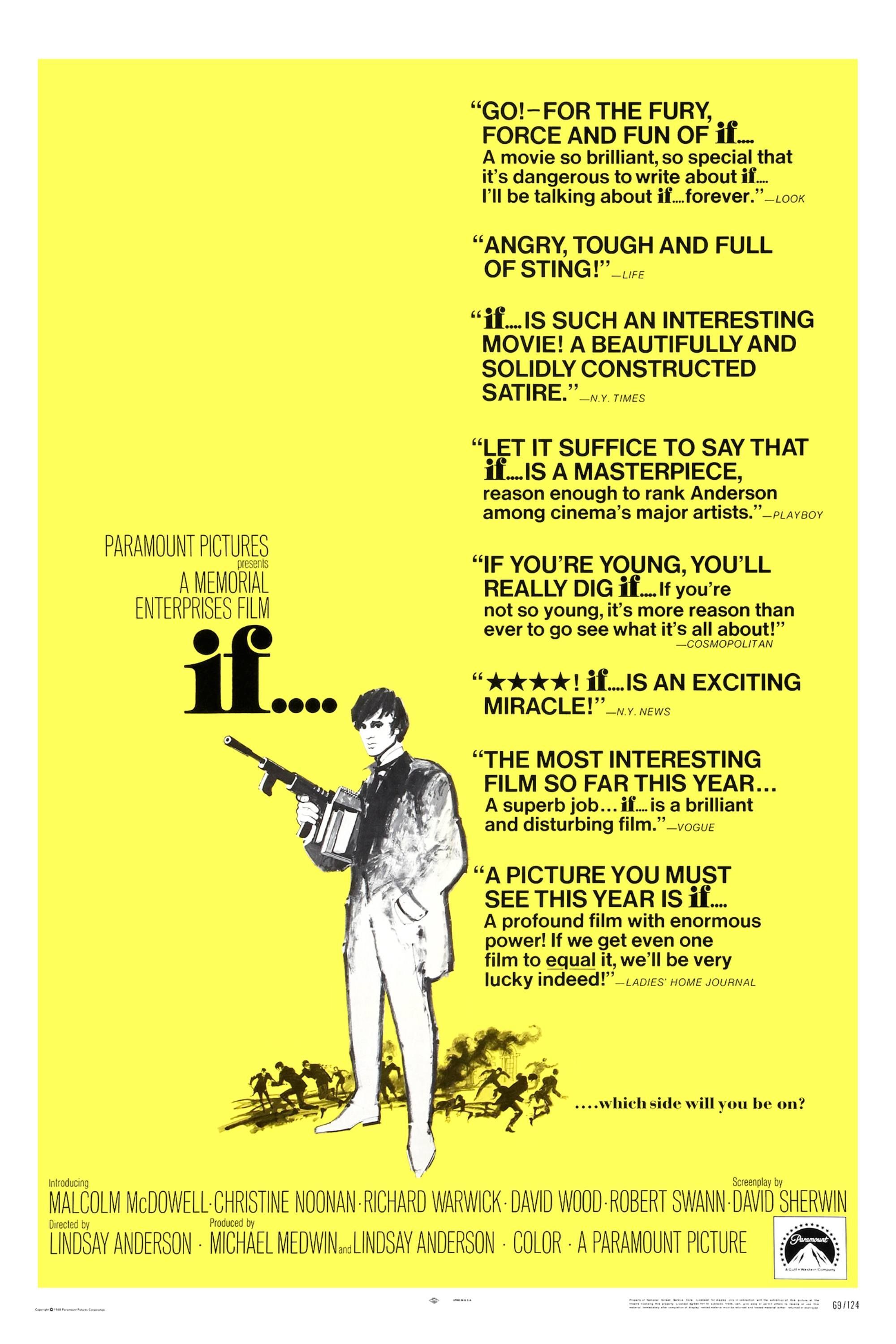
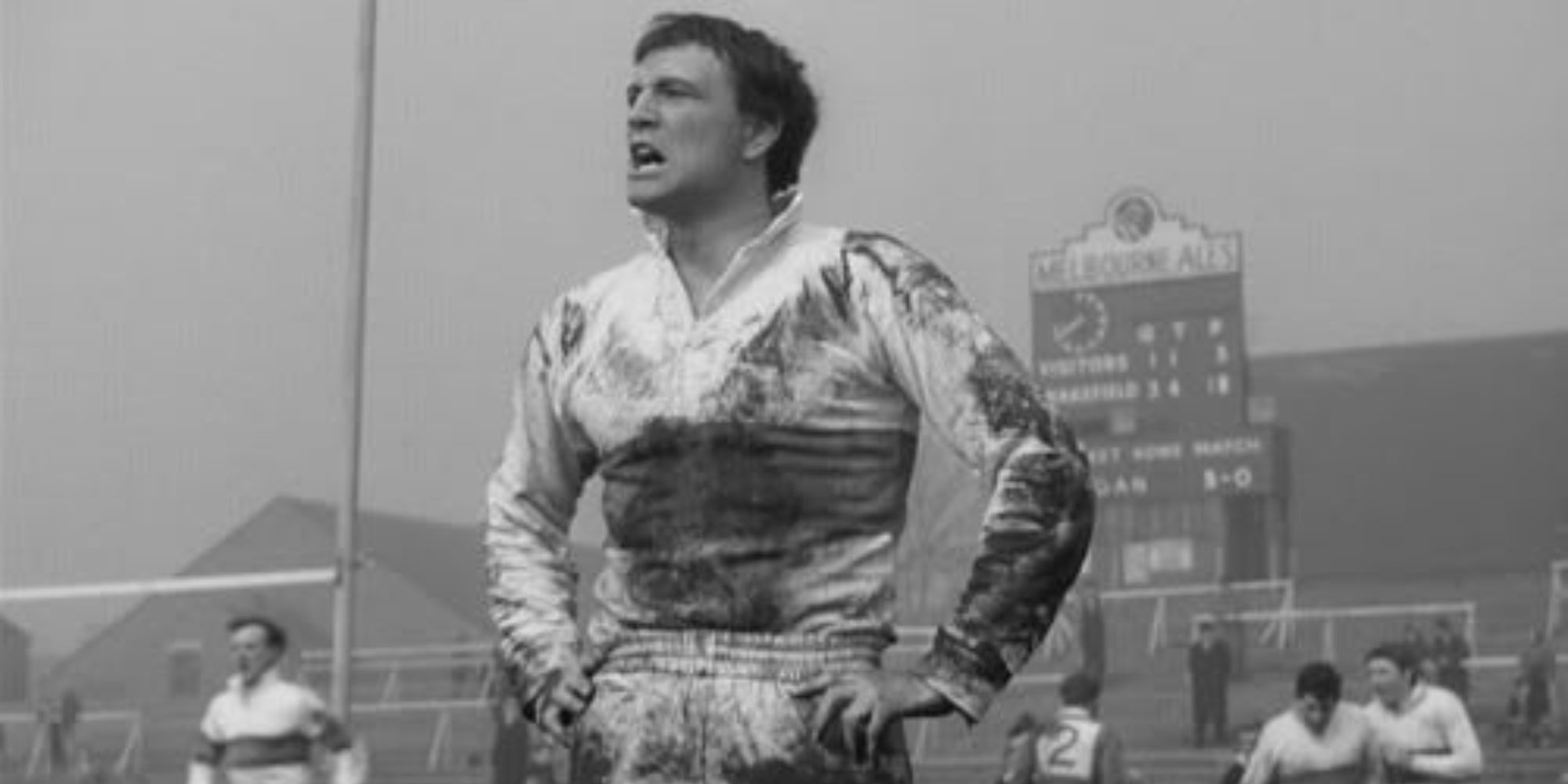
Image via Janus Films
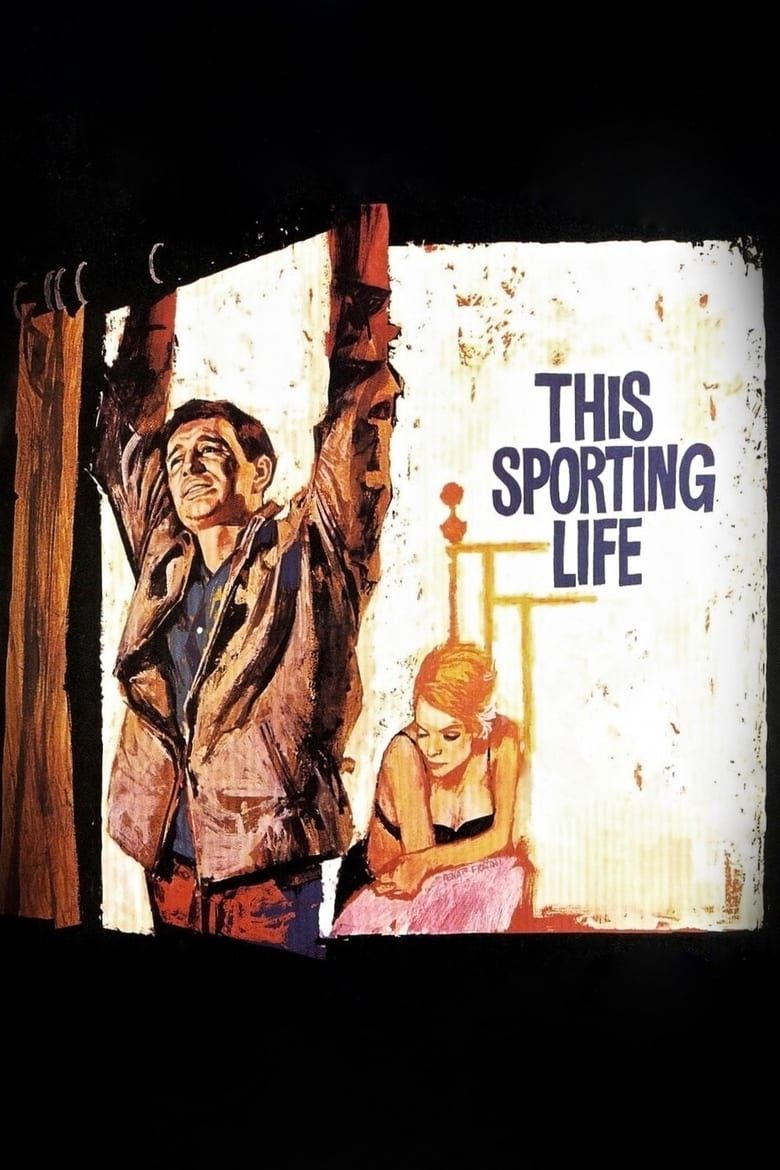
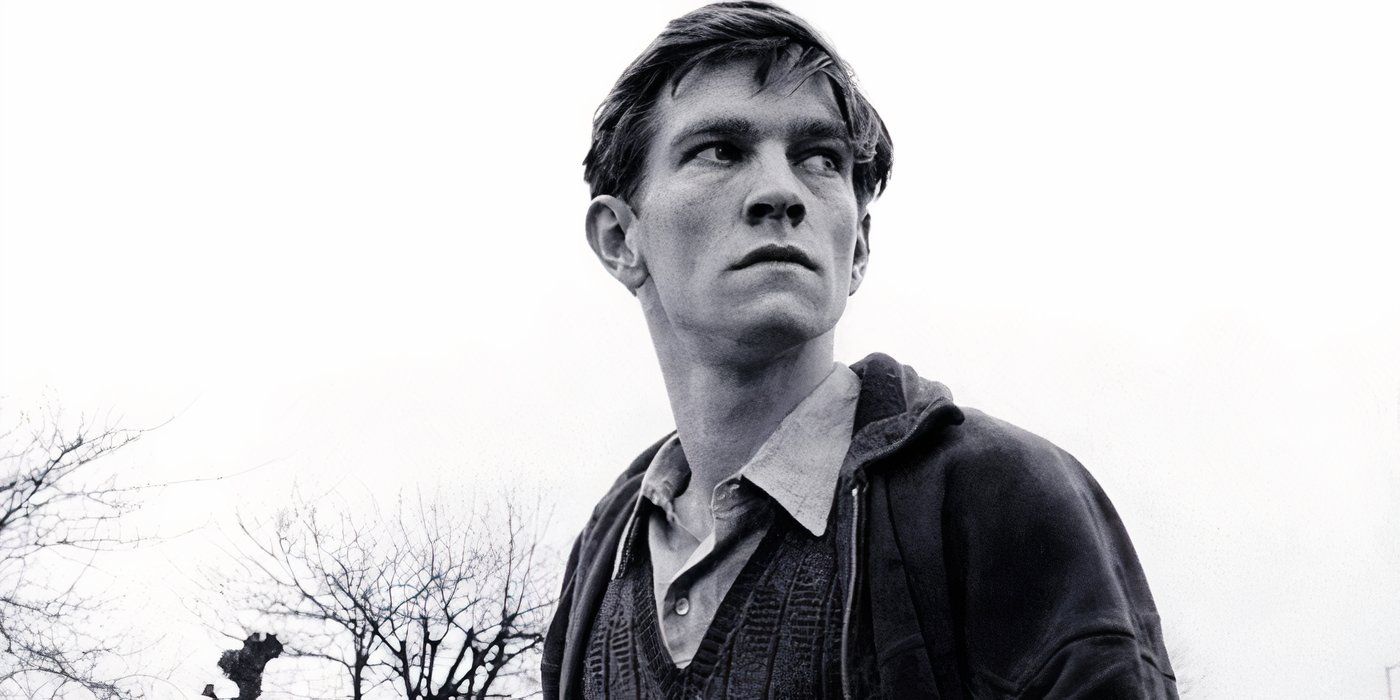
Image via British Lion Films
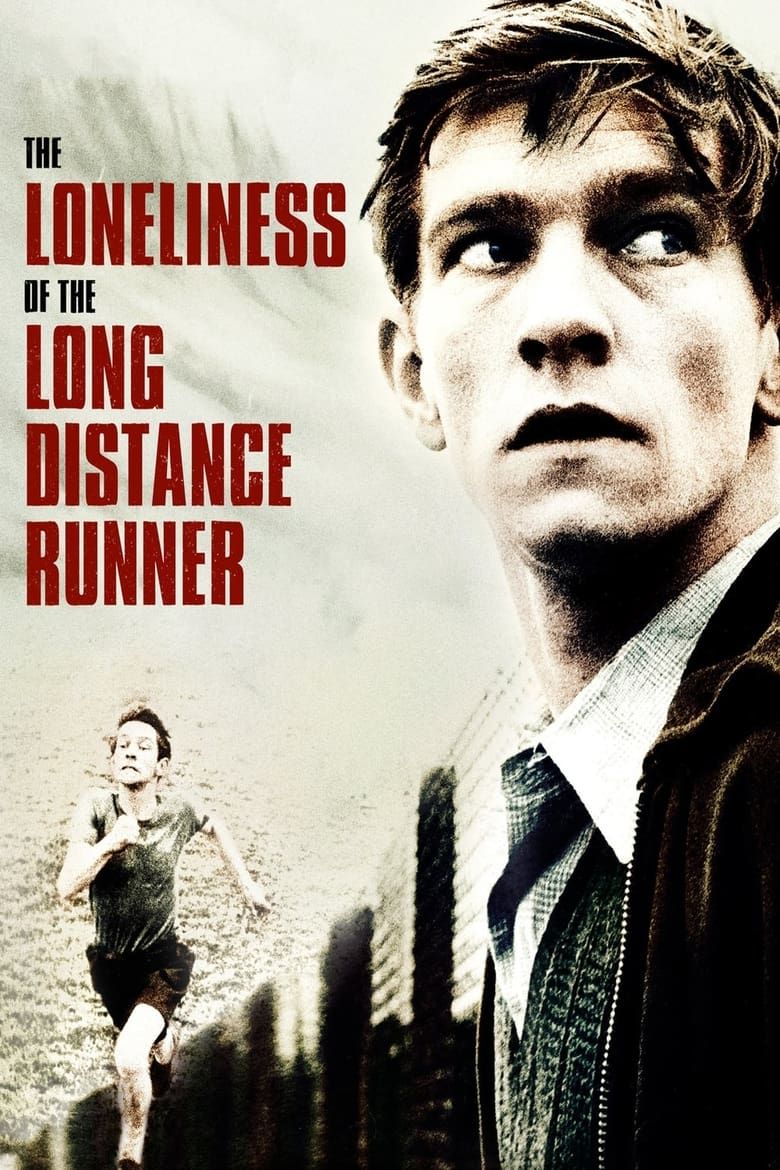
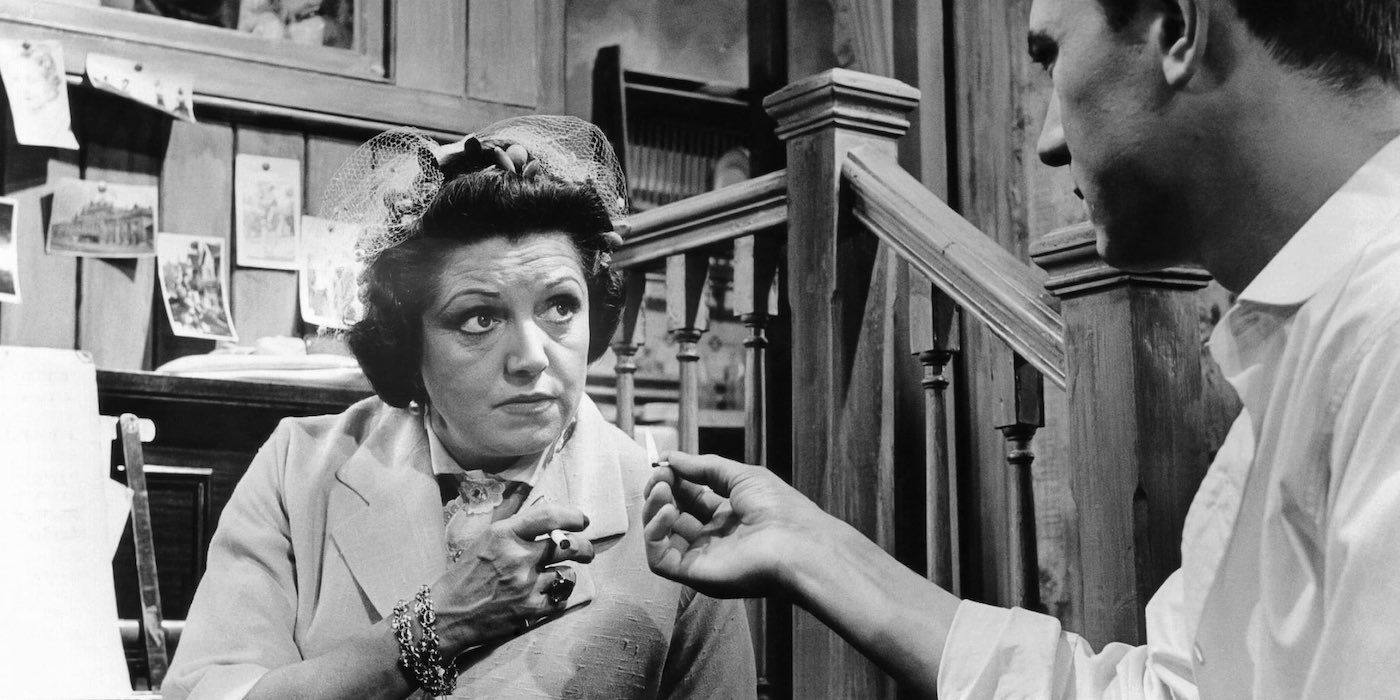
Image via Continental Distributing

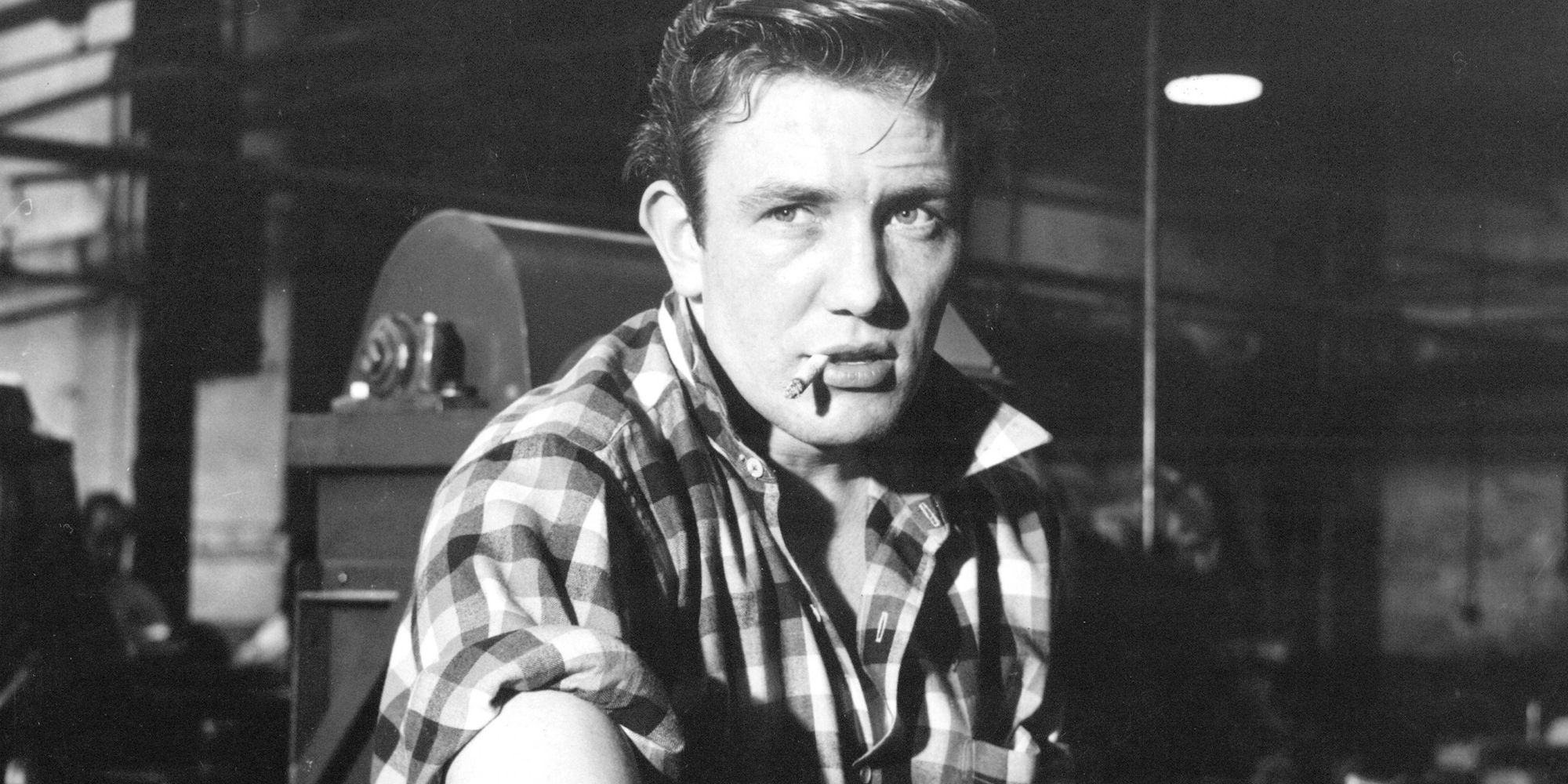
Image via Bryanston Films
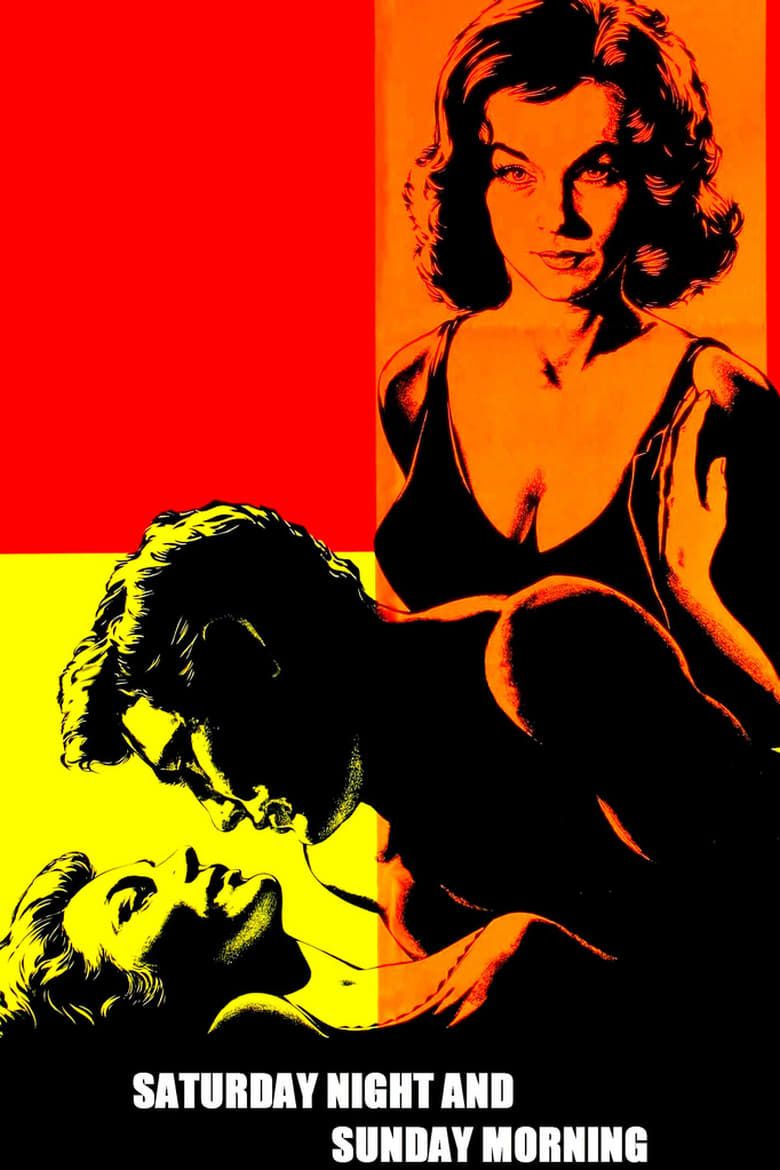
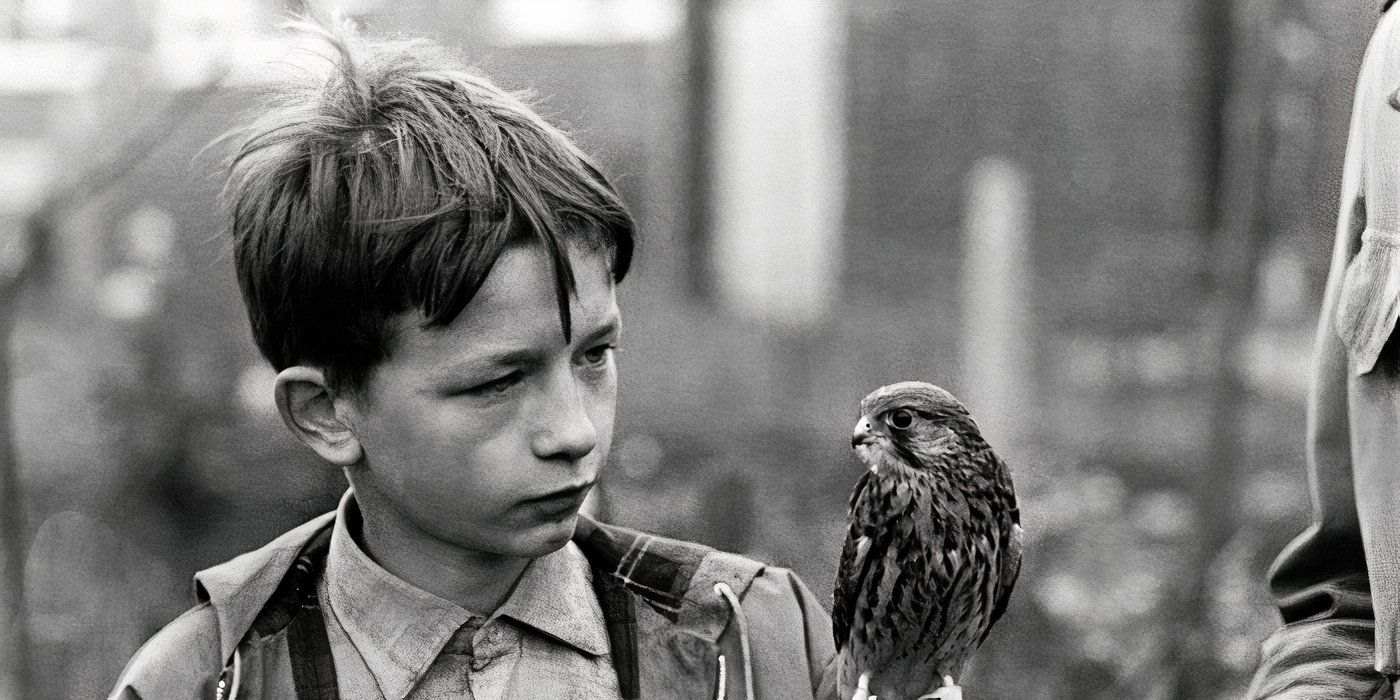
Image via United Artists